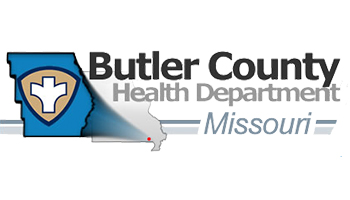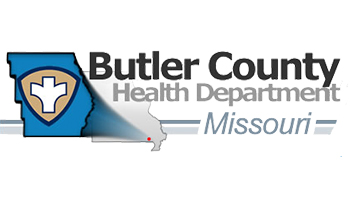Disaster Behavioral Health
On Demand
Course Overview
Course Quality Rating
TBD
Course Description
This course is provided by Northwest Center for Public Health Practice and will require a secondary login and/or registration.
Many public health workers are confident in their ability to handle the physical tasks involved in responding to a disaster, but what about the psychological challenges? In this one-hour online course, Randy Beaton, PhD, EMT discusses the psychological phases of a community-wide disaster, common patterns of immediate and long-term public response, mental health risks that rescue workers and victims face, signs that might indicate that a survivor needs a mental health evaluation, and the importance of local preparedness. The course bases its case studies on Washington State agencies and plans.
Click the LAUNCH button below to start or be taken to the course.
Target Audience
This course is designed for Mental health providers, social workers, physicians, nurses, EMTs, first responders, faith-based chaplains, health planners, emergency response planners, other public health practitioners, and health educators.
Learning Objectives
Having completed this course, the learner will be able to:
List three of the common psychosocial phases of a community-wide disaster
Describe the various individual behavioral health outcomes that usually occurring the aftermath of disasters
Identify abnormal reactions to disaster that might indicate a need for a psychological evaluation
Describe how the Washington State mental health disaster response plan incorporates local, state, and federal agencies
Council of Linkages Core Competencies for Public Health Professionals (COL)/COL Tier(s)
1A.1 (Tier 1): Identifies the health status of populations and their relation determinants of health and illness
1A.2 (Tier 1): Describes the characteristics of a population-based health problem
5A.7 (Tier 1): Describes the role of governmental and non-governmental organizations in the delivery of community health services
Professional/Disciplinary Competencies
CDC, Public Health Preparedness and Response Core Competency Model
Model Leadership
1.2 Manage behaviors associated with emotional responses in self and others.
1.4 Maintain situational awareness.
CDC, Public Health Preparedness Capabilities
Capability 2: Community Recovery
Function 1: Identify and monitor public health, medical, and mental/behavioral health system recovery needs
Capability 5. Fatality Management
Function 4: Participate in survivor mental/behavioral health services
Capability 7. Mass Care
Function 3: Coordinate public health, medical, and mental/behavioral health services
Format
Online/Self-study
Credit /CEU
None available
Duration
1 hrs.
Specifications
None listed
Course Publication Date
None listed
You may also be interested in
Declare Interest
You will be added to the interest list for .
Declare Interest
Please enter a valid value for quantity.











